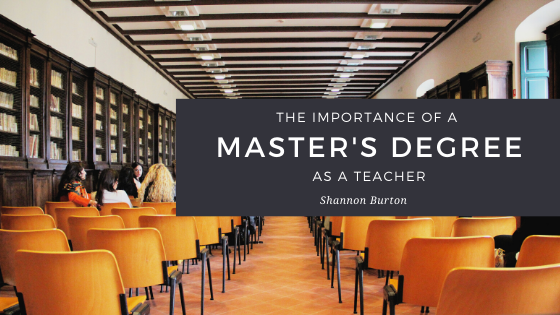Completing a master’s degree in Education provides an educator with more than an additional degree and a raise in salary. The master’s degree supplies the methods and knowledge an educator needs to effectively teach, as well as providing possibilities for advancement.
Improvement of Teaching Skills
By having completed courses dealing with curriculum, instruction and assessment in the master’s program, a teacher will have the skills to adjust teaching practices and thus ensure that students are better able to learn the provided material of a course. Also, just as research is conducted in other fields, educational research seeks new methods of integrating teaching with academic theories relevant to the contemporary classroom.
Teachers need a refined methodology to be the most effective with their current students. Enrolling in a master’s program in education provides teachers up-to-date theories and practices that will assist them in honing their skills. With more effectiveness in the classroom, they can modify curriculum goals and make sensible adjustments to instructional practices. Such efficiency is personally rewarding to teachers, as well as ensuring their tenure.
More Expertise and Employment Opportunities
The expertise that educators have attained in their profession with a master’s degree demonstrates a realistic and more in-depth understanding of the goals of curricula and instructional methods. These teachers are thus able to enter positions of leadership that will allow the enactment of functional changes in the educational system. Their experiences garnered from teaching in the classroom, along with instruction in administration, provide them with realistic assessments that will lead to productive results.
Having a Master’s degree in education involves more hands-on training than does a Bachelor’s degree, applicants for a teaching position have more appeal at the secondary level if they possess the additional knowledge and experience provided by graduate work. They are, thus, more effective as classroom teachers as they can innovate and adapt their instruction to serve their students’ learning styles better. Their advanced education also indicates that applicants are dedicated to their profession.
More employment opportunities are available to instructors who have a Master’s degree since they can qualify as instructors on the college level. Even if they seek part-time employment in the summer at a different institution from the one at which they are contracted, these teachers are qualified to teach in this capacity.

